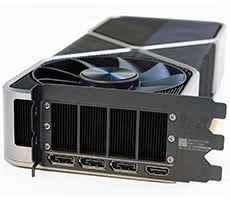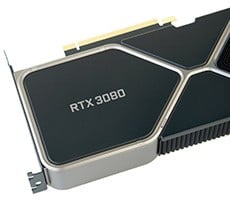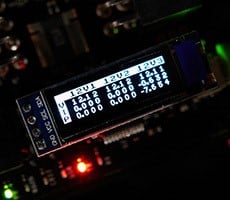Four-Way SSD Round-Up, OCZ, Super Talent, Mtron
HD Tach
Simpli Software's HD Tach is described on the company's web site as such: "HD Tach is a low level hardware benchmark for random access read/write storage devices such as hard drives, removable drives, flash devices, and RAID arrays. HD Tach uses custom device drivers and other low level Windows interfaces to bypass as many layers of software as possible and get as close to the physical performance of the device possible."
|
As you'll note, with all the jagged saw-toothed lines in the OCZ Core Series and Super Talent MasterDrive MX graphs, MLC technology has a lot more variability in performance over its volume, though unlike the VelociRaptor spinning drive, performance doesn't degrade as you get out to the farther reaches of the drive. Again, if we think of read/write operations, as they span over chip-level boundaries, you can see how these transitions map out in terms of performance peaks and valleys. The SLC-based Mtron and OCZ drives again showed much smoother transitions due to their on-board cache buffers but again they also cost over three times as much as an MLC equivalent. Regardless, the OCZ Core Series drive offered the highest average read throughput of 119MB/sec, followed by the Mtron and Super Talent drives in a close second and third place.
Of course the VelociRaptor once again reined supreme for write performance but the OCZ Core Series and Super Talent MasterDrive MX put up solid numbers in the mid 70s. And if you've been paying attention, you'll probably note that the OCZ Core Series and Super Talent MasterDrive MX drives, both here and in the ATTO and SANDRA tests, put up strikingly similar performance characteristics in each location of their volumes. It's safe to say that these are likely very similar drives from a hardware standpoint, with only small modifications in firmware setting them apart. Finally, look at the Mtron drive's absolutely linear performance across the entire test, along with its zero CPU utilization. This is what a custom storage controller and cache subsystem can do to maximize SSD drive performance.











